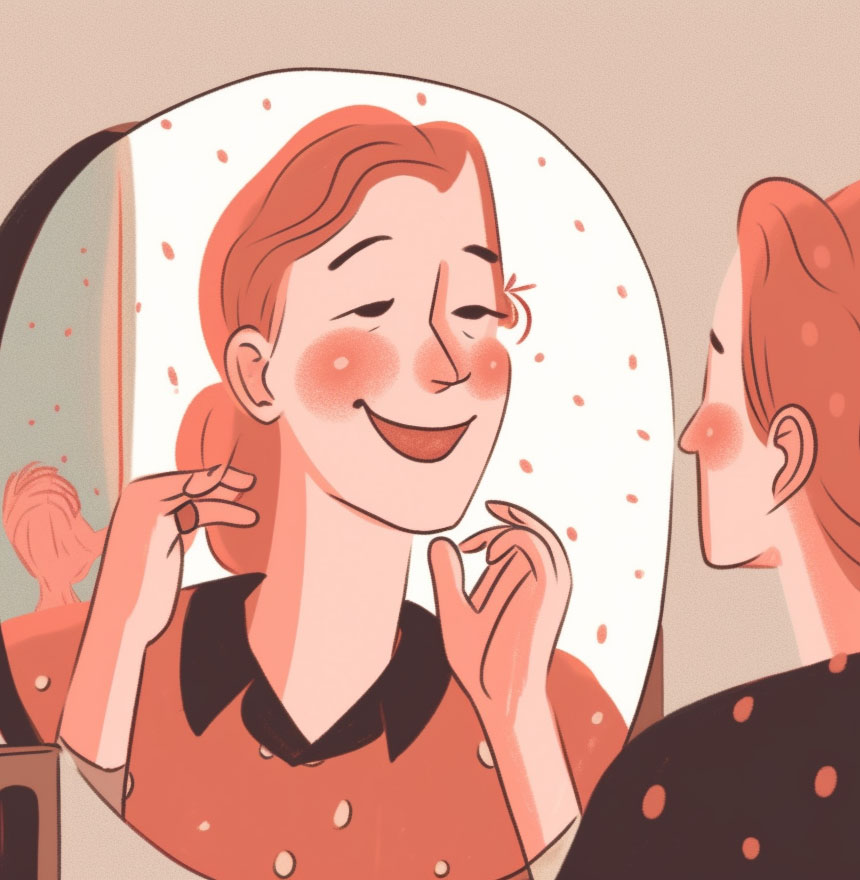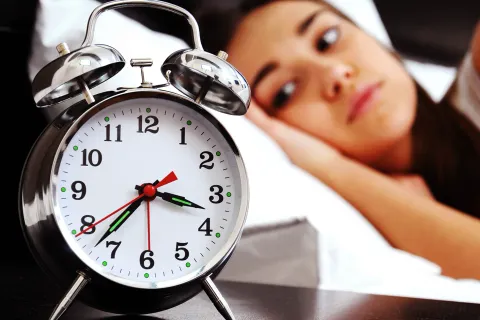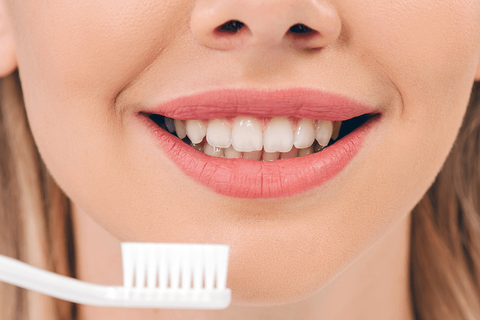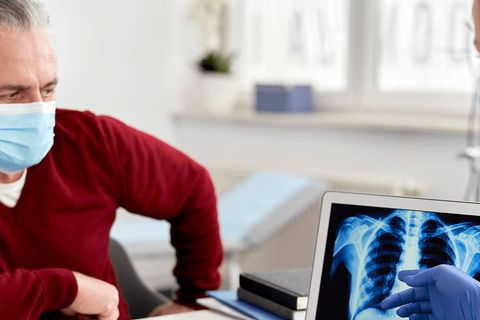Health
The Ugly Truth: Happy Hours, Unhappy Skin—The Ageing Effects of Alcohol

by Christine Humphreys
Published: April 11, 2023 Last updated: November 30, 2023

Drinks after work to bond with colleagues or wine o clock catch ups with friends may give us a warm glow, but beware; booze will steadily dull the bloom of youth.
When we’re young and footloose we may not recognise the signs that those happy hours are speeding the ravages of time.
Then one day we look in the mirror and wonder when we lost our sparkle and how the years started galloping on us.
We’re all going to age – we can’t stop the clock – but many of us aren’t aware of the adverse effects of alcohol on our skin and how this can make us old before our time.
Alcohol’s Impact on Skin Health
Drinking alcohol dehydrates the body and disrupts the natural balance of the skin, leading to a range of problems, from dryness, redness, and adult acne to more serious skin conditions like psoriasis, rosacea, and premature ageing.
One of the early signs of damage is the appearance of enlarged pores. When the skin becomes dehydrated, the pores expand to compensate, which can lead to a rough, uneven texture.
Additionally, excessive alcohol consumption can cause the blood vessels in the face to dilate, resulting in redness, broken capillaries, and visible veins.
Enlarged pores are a common skin concern and can be caused by several factors such as excess oil production, genetics, ageing, and exposure to the sun. Also, some people are naturally more prone to redness and broken capillaries.
We can’t do much about inherited traits but for those predisposed to skin problems, it makes sense to opt for lifestyle choices that won’t make matters worse.
Lifestyle Choices and Remedies
To avoid skin damage caused by alcohol, it’s important to limit your intake and stay hydrated.

Drink plenty of water to counteract the dehydrating effects of alcohol and keep your skin looking healthy.
It’s also important to avoid smoking and excessive sun exposure, as these can exacerbate the damage caused by alcohol.
If you’re already experiencing alcohol-related skin problems, there are ways to manage them.
Using a gentle, alcohol and fragrance-free moisturiser can soothe dry skin, while an anti-inflammatory cream or serum can help reduce redness and inflammation.
Products containing alpha-hydroxy acids (AHAs) or beta-hydroxy acids (BHAs) can exfoliate the skin and reduce the appearance of enlarged pores
Promote collagen production
Retinoid treatments can help to increase skin cell renewal and promote collagen production as well as reduce oil production to help make pores appear smaller.
These treatments need to be used with caution as they can be harsh on damaged and sensitive skin, so it’s always best to seek professional advice from a qualified beautician or dermatologist.
Some problems such as broken veins can be concealed with make-up but they won”t go away.
In some cases, you may need a dermatologists to prescribe medication or undergo cosmetic procedures such as laser treatment to manage and repair skin damage caused by excessive alcohol consumption.
Understand Alcohol Units and Limits
If you experience skin problems, it’s a good idea to avoid booze. If you do decide to drink alcohol, stick to healthy limits. In the UK, health officials advise no more than 14 units a week – and that goes for men and women.
The number of alcohol units in a glass of wine, beer or spirits depends on the size of the measure and the alcohol content of the drink.
Using the UK unit system, one unit of alcohol is 10 ml (0.34 fl oz) of pure alcohol.
You can calculate the number of units in a drink by multiplying the size of the measure in millilitres by the percentage of alcohol by volume (ABV), then divide the figure by 1,000 to convert to units.
A 75cl bottle of 13% ABV wine has just under 10 units of alcohol. A single bar measure of spirits is about one unit and a pint of beer at 4.5% ABV is more than 2.5 units.
So, while alcohol may be a part of our social lives, it’s important to be mindful of the impact that it can have on our skin.
By limiting your alcohol intake, staying hydrated, and taking care of your skin, you can avoid or manage alcohol-related skin problems and maintain healthy, glowing complexion for years to come.

About The Author
Christine Humphreys
Chris Humphreys is the co-founder of The Alcohol-Free Shop and AlcoholFree.com. She was a journalist for more years than she cares to remember. Ex-wife of an alcoholic, enthusiastic amateur musician and a passionate dog lover.
Is unwinding with a drink rotting your brain?
August 02, 2023

Say Goodbye to Sleep Troubles: Discover the Shocking Truth about Alcohol and How to Improve Your Sleep in Sobriety
January 13, 2023

How does alcohol affect dental health?
August 05, 2021

Does alcohol weaken immunity and make us more susceptible to illness?
April 06, 2021

Does alcohol cause depression and anxiety?
January 14, 2021

Why does alcohol make anxiety and depression worse?
January 14, 2021

Does heavy drinking affect physical appearance?
March 14, 2017
